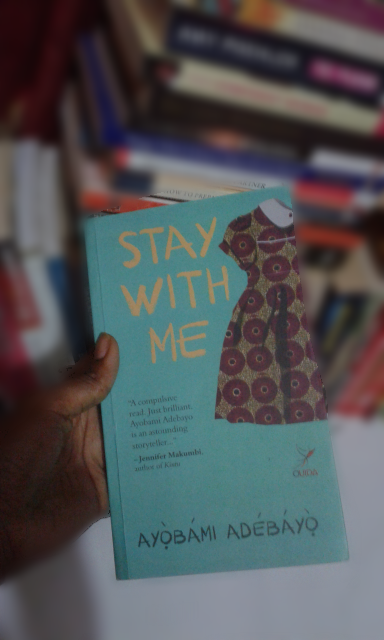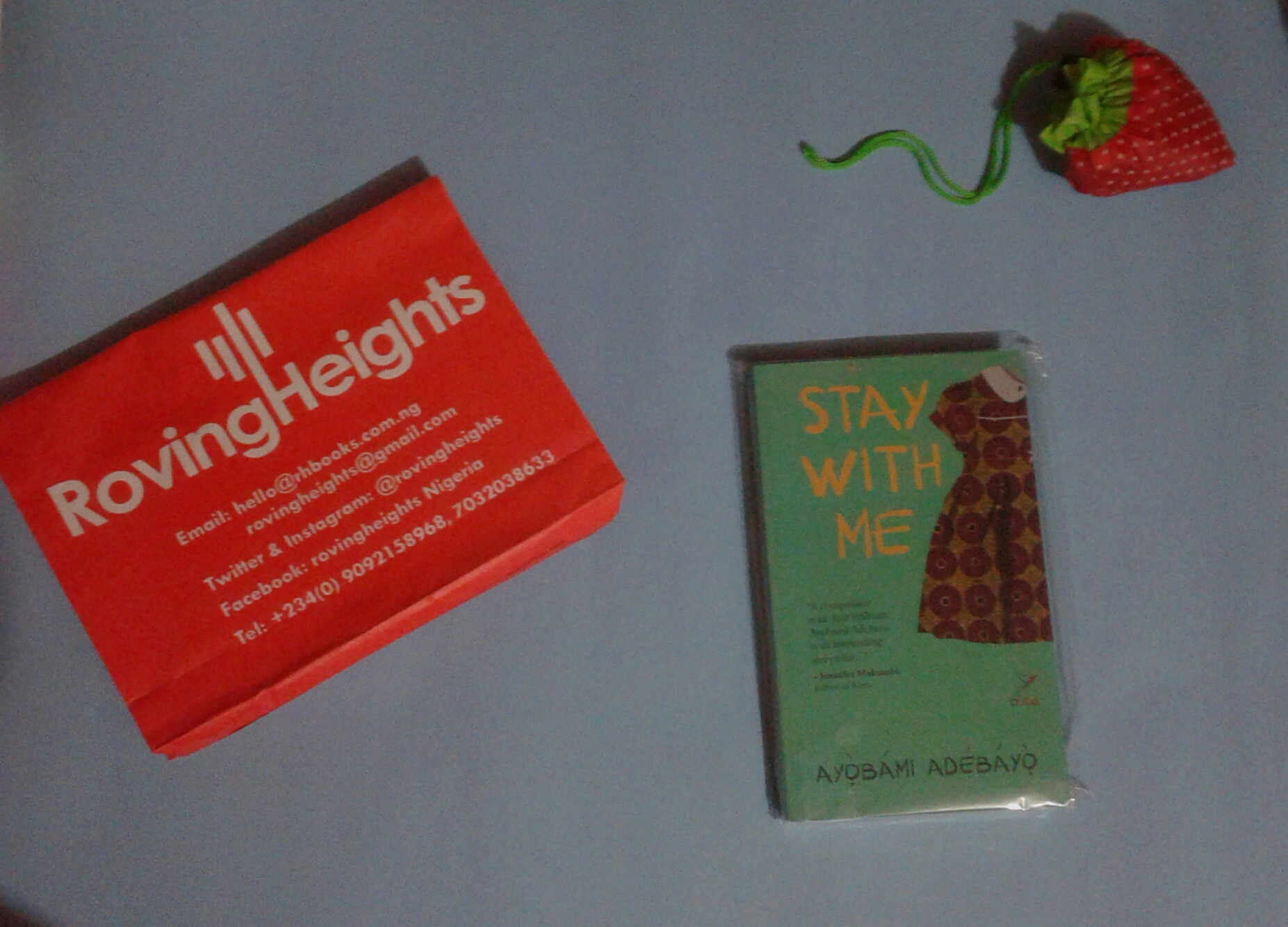Title: Little Fires Everywhere
Author: Celeste Ng
Publisher: Penguin Press (2017)
Pages: 237 (my copy)
Celeste Ng compels readers to trace blurred lines of morality.
To trace the dynamics of good intentions and bad choices.
To analyze harrowing motherhood. That’s what Celeste Ng does.
Little Fires Everywhere reveals the clarity and disruption Mia and Pearl Warren bring with them in a fifteen year old VW Rabbit car to Shakers Height, Ohio in 1996/1997.
“She looked at him fiercely, almost a glare. Moody saw that her eyes which he thought were hazel, were a deep jade green. And that moment, Moody had a sudden clear understanding of what had already happened that morning: his life has been divided into a before and an after, and he would always be comparing the two.”
Pearl Warren will do that to all four of the Warren children in her quiet and brilliant way. All will find their lives in intertwined threads that never get untangled.
Without glaringly being a Young Adults fiction, Little Fires Everywhere builds up primarily around the lives of five teenagers, and that of their parents. It has a subplot of a court case with the end point of gaining custody of baby May Ling/Mirabelle.
This will be the opening to the questions:
Who is a mother? What makes a woman a mother? Biology? Or love?
Little fires everywhere will answer questions such as:
Will a two year old child betray a loving mother for a biological mother?
Will a teenager betray the well organized and suburban mother for the enigmatic and unpredictable mother? Or will it be vice versa?
Will a woman decide she is a mother against the contracts she had signed otherwise?
Will another woman decide she isn’t a mother based on the time the child arrives?
What I liked
The theme of motherhood is explored magnanimously.
What I didn’t like
The book has a slow pace.
Written in third person point of view, a reader is exposed to why each character does the things they do.
The book also explores the privilege of wealth and opportunities.
They dazzled her, this Richardsons: with their easy confidence, their clear sense of purpose no matter what time of the day
“You should consider taking portraits professionally” Mrs Richardson suggested. She paused, “Not that you aren’t a photographer professionally of course. But in a studio maybe, Or for weddings and engagements. You’d be highly sought after“. She waved her hands at the photographs on the wall as if they could articulate what she meant. “In fact, perhaps you could take portraits of our family. We’d pay of course”
“Perhaps“, Mia said ” But the thing about portraits is that you need to show people the way they want to be seen. I prefer to show people as I see them. So in the end, I’d probably just frustrate us both” She smiled placidly, and Mrs Richardson fumbled for a response.
“Everyday it appeared, Pearl absorbed something new from the Richardson family, a turn of phrase (I was literally dying), a gesture (a flick of the hair, a roll of the eye). She was a teen, Mia told herself over and over; she was trying on new skin as all teenagers did but privately she stayed wary of every change she saw”
They have secrets. They have diverse personality traits. And we, have one haunting yet relieving story.
The writing style is simple and in fact very straight forward for a novice reader. The characters are credible.
Immediately after reading it, I rated it 4/5 stars. On reflecting, maybe 3.75/5 stars or the average of both.
There’s an adaptation of the book into a television miniseries which I saw on DSTV. With the licence movie producers have, the series is a berth away from the novel. Both do good though, so you could as well watch it.
I particularly think Young Adult fiction readers, mothers and intending mothers will find this book enjoyable.
Have you read this one? Do you think you are interested? Let me know below.
*I did not complete War Story as promised in my last post. I’ll get there.

Love and light,
Debby.












